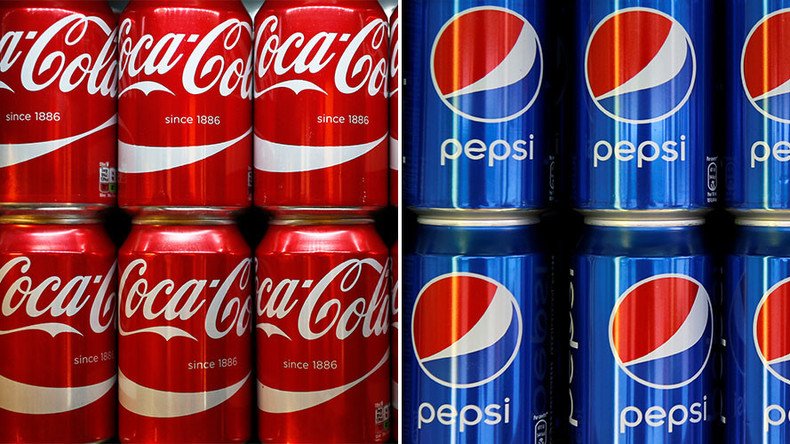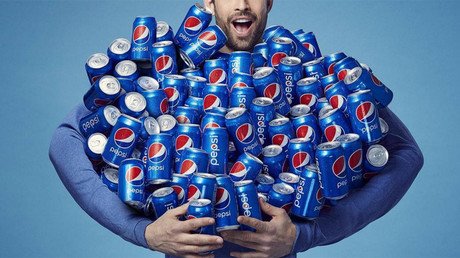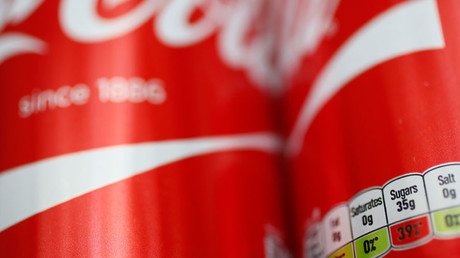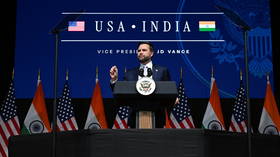Coca-Cola & Pepsi sponsored about 100 health orgs in 5yrs, weakening obesity fight – study

Coca-Cola and Pepsi aren’t known for their nutritional values, but the two soda giants have managed to promote a positive image for their brands by sponsoring health organizations, making them “unwitting partners” to the cola agenda, a new study claims.
The study, conducted by researchers at Boston University (BU) and published in the American Journal of Preventative Medicine, found that the Coca-Cola Company and PepsiCo sponsored a combined total of at least 96 health organizations between 2011 and 2015.
That breakdown includes 12 organizations that accepted money from both companies, one which accepted cash from just PepsiCo, and 83 which only accepted funds from Coca-Cola.
The study notes, however, that the numbers could be skewed because Coca-Cola publishes a list of its recipient organizations, while Pepsi does not.
Two diabetes organizations – the American Diabetes Association and the Juvenile Diabetes Research Foundation – were on the list, a finding which the authors called “surprising, given the established link between diabetes and soda consumption.”
Lead author Daniel Aaron, a medical student at the BU School of medicine, said in a statement that the companies “used relationships with health organizations to develop positive associations for their brands.”
According to Aaron, the two soda giants have the ability to “neutralize potential legislative opposition by invoking reciprocity and financial dependence from national health organizations.”
That tactic can make such organizations “unwitting partners” in the companies’ marketing strategies, which undermine public health. It also dampens aims to reduce soda consumption and hinders efforts to combat obesity, according to the study's authors.
The study gives the example of the charity Save the Children, which once supported soda taxes but dropped the effort in 2010 after receiving more than $5 million from Coca-Cola and Pepsi in 2009.
The authors went on to state that the finding isn't dissimilar to previous studies on alcohol and tobacco company sponsorship.
“Previous studies of alcohol company sponsorship and tobacco sponsorship suggest that corporate philanthropy is a marketing tool that can be used to silence health organizations that might otherwise lobby and support public health measures against these industries," said study co-author Dr. Michael Siegel, a professor of community health sciences at BU's School of Public Health.
The study recommends that health organizations reject sponsorship from soda companies, urging alternative sources of funding.
In addition to building good relationships with the right organizations, the study found that Coca-Cola and Pepsi lobbied against 28 public health bills or proposed regulations aimed at reducing soda consumption or improving nutrition during the same five-year period.
During that time, Coca-Cola spent more than $6 million annually on lobbying, while PepsiCo spent more than $3 million a year. Soda taxes and restrictions on advertising were among the bills and proposed regulations the companies fought against.
Those actions prove the companies have a “primary interest of improving profit, at the expense of public health,” Aaron and Siegel said.
The BU study comes after it emerged in January that a 14-page research paper which claimed that diet drinks could help people lose weight was actually funded by the International Life Sciences Institute (ILSI) Europe, whose members include Coca-Cola and Pepsi.















